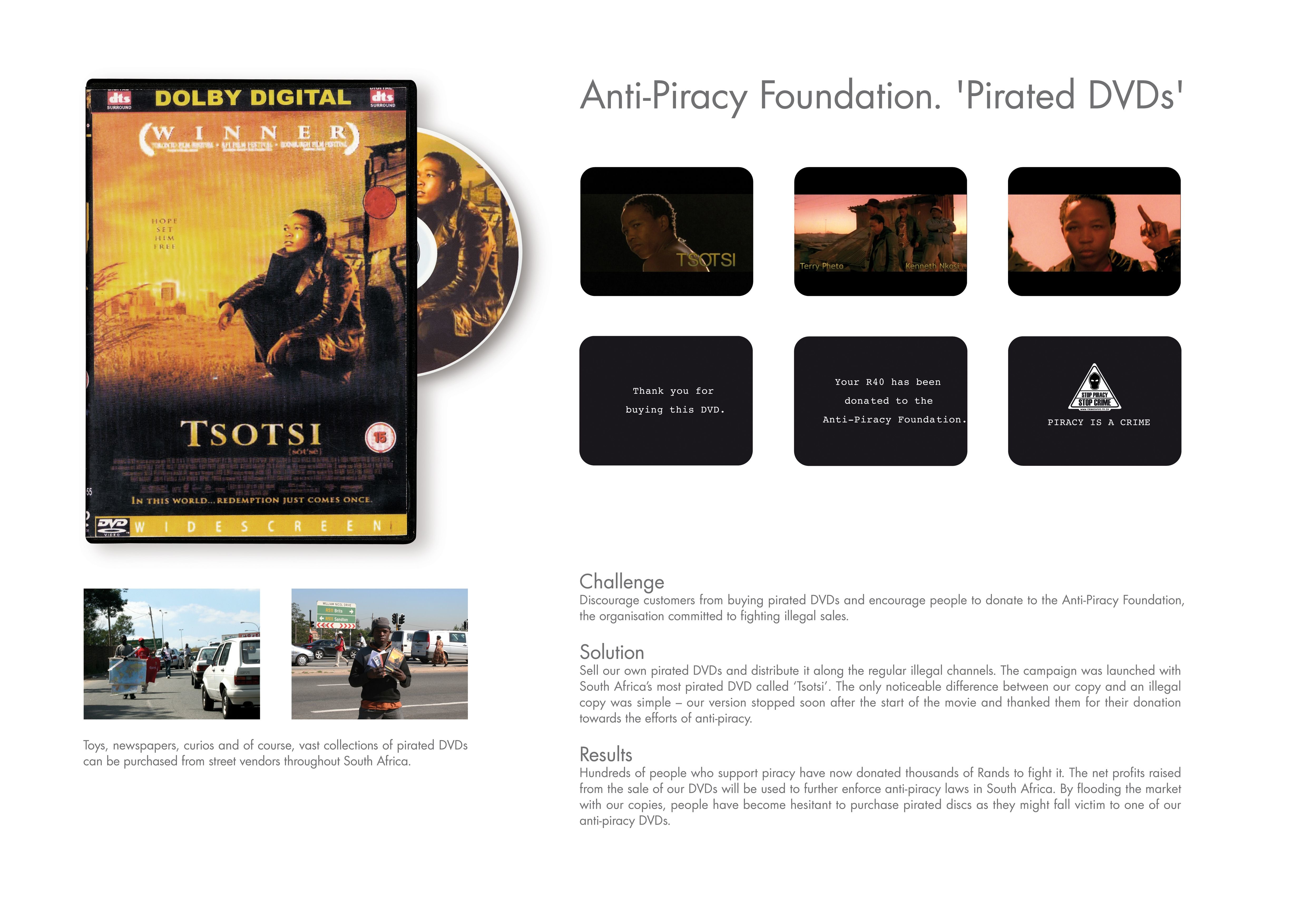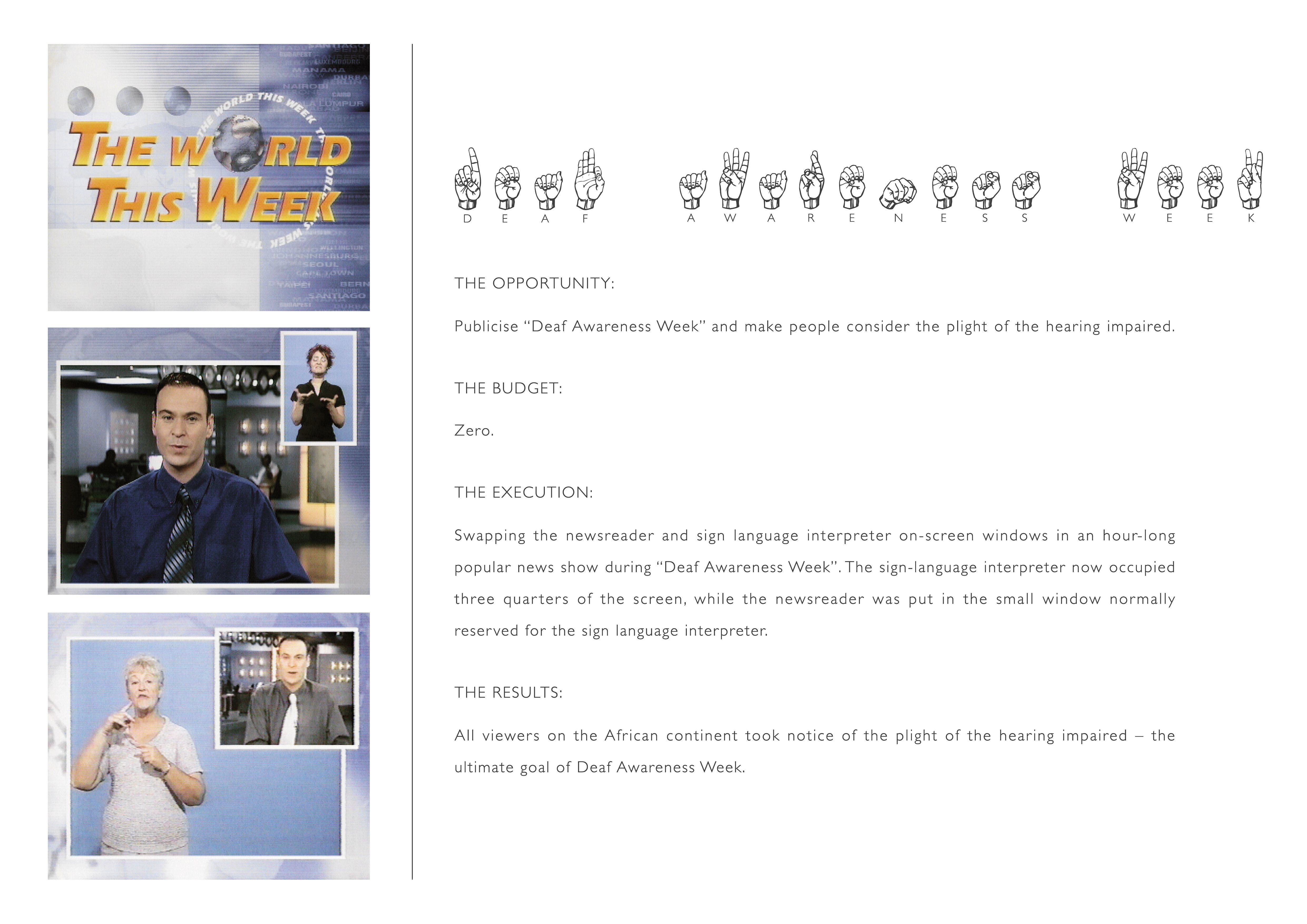Glass: The Lion For Change > Glass: The Lion for Change
BLAME NO MORE
TBWA\HUNT\LASCARIS, Johannesburg / HYPE MAGAZINE / 2020
Awards:


Overview
Credits
OVERVIEW
Background
Around the world, hip-hop has long been guilty of perpetuating sexual violence, misogyny and toxic masculinity. Hype, South Africa's biggest hip-hop magazine, wanted to take a stand and be a catalyst for positive change.
South Africa has the world’s worst rape statistics. Rape culture has become so normalised here that we have become desensitised to the daily headlines and horror stories. A sense of hopelessness prevails. However, what many people don't realise is that they can play an active role in fighting rape culture, simply with how they talk about it.
So, in Women's Month, Hype partnered with TEARS Foundation to start changing the narrative.
Describe the cultural / social / political climate and the significance of the work within this context
From campus conversations to Twitter threads, a culture of victim blaming thrives in South Africa. It’s one of the main reasons why only 1 in 4 rapes is reported here. It's also why perpetrators of sexual crimes feel so safe.
Victim blaming is so entrenched and accepted that our previous president, Jacob Zuma, was even acquitted of rape charges after arguing that his victim was wearing a provocative traditional dress.
On a daily basis, TEARS Foundation deals with rape survivors who have been turned away from police stations, after being told that they could have avoided the incident. At hospitals and clinics, survivors are often treated with disdain and are made to wait long hours, after being made to feel like it was their fault.
Many campaigns aimed at combating gender-based violence fall on deaf ears, because they only target the perpetrators. However, we all can - and should - play a more active role in the war on women in South Africa. And it starts with how we talk about it.
Describe the creative idea
Blame No More is a call for change from Hype Magazine and TEARS Foundation.
Designed to help change the narrative on victim blaming and rape culture, it shines a much-needed light on the moral and logical absurdity of accusing someone of their own rape.
The campaign idea is based on a simple but brutal truth: When you blame a victim, you accuse someone of their own rape. The absurdity of that reality is the exact point. Honestly, who would do that to themselves?
Describe the strategy
With hip-hop accused of perpetuating sexual violence & toxic masculinity, Hype Magazine – South Africa’s biggest hip-hop mag – wanted to be a catalyst for positive change.
At the same time our pro bona client, TEARS Foundation, wanted to heighten awareness around victim blaming. Their research shows that this is a major reason why only 1/4 rapes is reported here, and it is especially prevalent amongst the youth. Victim blaming is something that many are guilty of, often without even realising it. Starting a conversation on the topic would thus be relevant to all South Africans, not just the perpetrators of sexual violence.
TEARS had an important and relevant message. But as an NGO with no media budget, they lacked an audience. Hype had a huge and loyal audience of young South Africans, but wasn’t sure what kind of message would resonate best. We saw the perfect opportunity for collaboration.
Describe the execution
Victim blaming is a topic that most struggle to open up about. So we created a provocative, hard-hitting catalyst for conversation – a short film that illustrates the logical and moral absurdity of accusing someone of their own rape.
We premiered the film to some of the loudest voices in South African hip-hop, and documented their candid, emotional responses. This immediately created buzz online. These women then continued the conversation in Hype’s special #BlameNoMore Women’s Month issue, using their influence to start a fire that soon spread far and wide. All the way to government in fact, who adopted #BlameNoMore as their official Women's Month campaign.
Hype hosted live conversations on campuses, using the film as a catalyst for constructive dialogue and debate. We also created an open source toolkit so that others could host similar events independently.
Describe the results / impact
Hype was never going to quantify the impact of this campaign in revenue. For both Hype and TEARS, success was measured in how far – and to how many – the conversation spread.
#BlameNoMore stimulated dialogue and debate in places it had never previously occurred. TEARS has been exposed to millions of rape survivors, who now see a safe space in which to speak out. Within the hip-hop industry, which is often accused of perpetuating gender-based violence, Hype has been able to position itself as a force for positive change.
The #BlameNoMore message has featured in local and international news broadcasts. Even the South African government joined in, throwing its weight behind the cause by naming #BlameNoMore as their official Women’s Month initiative. With a media budget under $2 000, and a production budget of just $21 000, the message has already reached a a potential 224 million people.
More Entries from Glass in Glass: The Lion For Change
24 items
More Entries from TBWA\HUNT\LASCARIS
24 items












